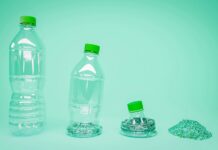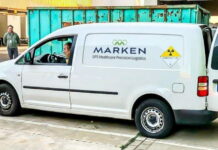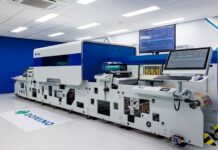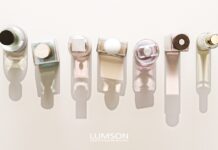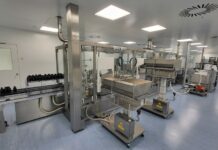ENEOS has entered into a partnership with NESTE in Japan, heralding a significant collaboration in sustainable materials. This new alliance centers around the utilization of bio-based intermediates, specifically Neste RE, a drop-in solution that boasts a composition entirely sourced from raw materials, waste, and residues like cooking oil. These things will serve as the foundation for producing bio-paraxylene (bio-PX) at the Mizushima Refinery situated in Okayama, Japan. The journey from bio-PX then entails a transformation into purified terephthalic acid (PTA) and eventually into PET resin. The ingenious aspect lies in Suntory’s plan to fashion PET bottles from this resin, employing a mass balance methodology to allocate the bio-based components to these bottles. Coordinating this intricate web of collaboration between value chain partners is the responsibility of Mitsubishi Corporation.
The urgency to confront the impending climate crisis and its far-reaching consequences has spurred companies into action, demanding a sense of responsibility. Lilyana Budyanto, the head of Sustainable Partnerships APAC at Neste Renewable Polymers and Chemicals business unit, highlights the significance of Neste’s participation in reshaping the industry’s reliance on fossil fuels. This strategic partnership traverses the entire value chain, enabling a reduction in the industry’s dependence on conventional resources. Furthermore, it engenders the creation of products that boast a significantly diminished carbon footprint, addressing environmental concerns.
The tripartite alliance of Mitsubishi, Suntory, and ENEOS has been diligently crafting a supply chain dedicated to PET bottles derived from biomass. Their innovative approach, grounded in a mass balance strategy, seeks to revolutionize the production of plastic products. Amidst this pioneering pursuit, Mario Grimau, an accomplished polymer engineer and materials science specialist, raises pertinent questions about the sustainability of bio-PET. While it certainly draws from renewable biomass, thereby mitigating carbon emissions, it remains an inherently synthetic and non-biodegradable plastic. Grimau further contends that, in the short term, its cost outweighs that of conventional plastics.
Shifting focus, Neste has embarked on an ambitious venture to recycle 150,000 tons of liquefied plastic waste annually, channeling it into petrochemical feedstock. This ambitious endeavor is backed by a substantial investment of $111 million aimed at upgrading their refinery in Porvoo. The confluence of technological innovation and environmental consciousness underscores Neste’s unwavering commitment to sustainability and resourceful solutions.











